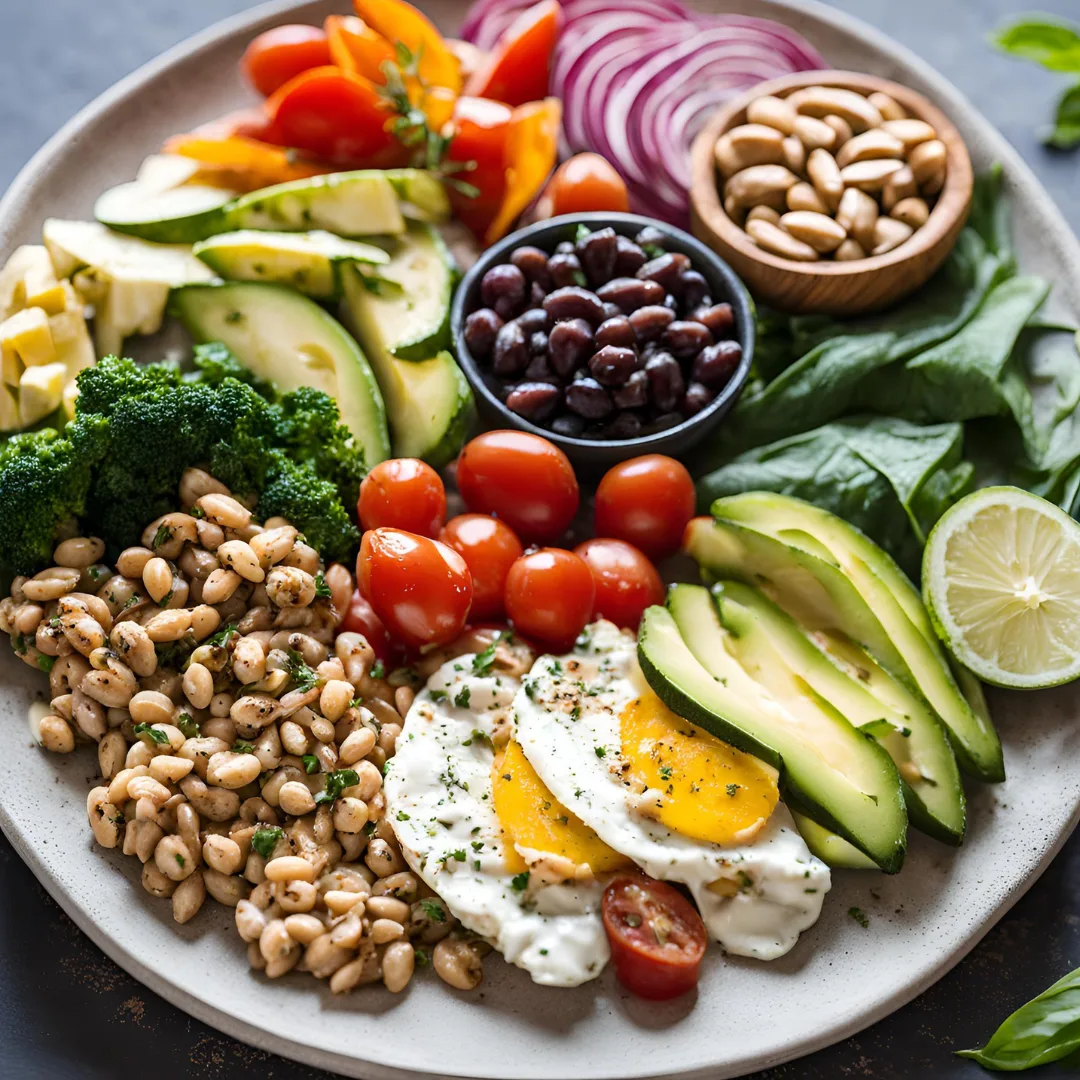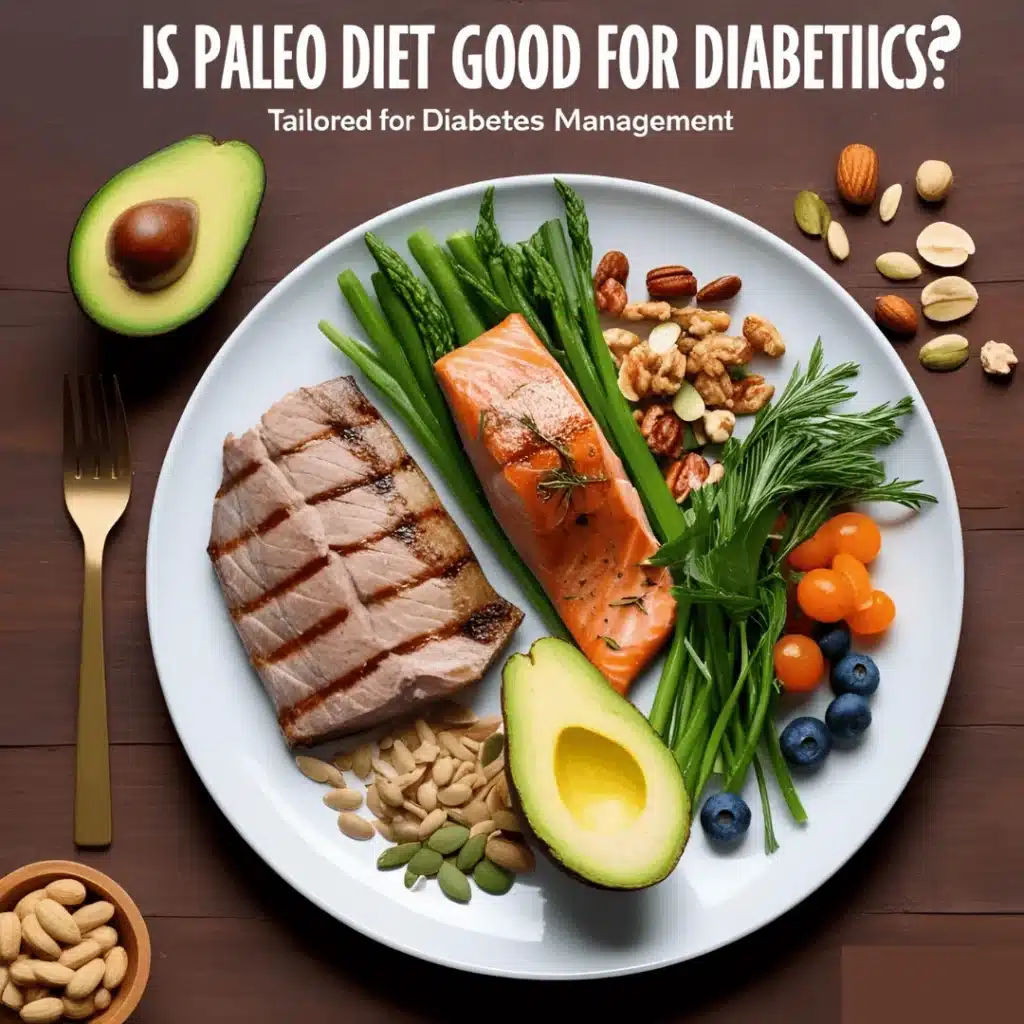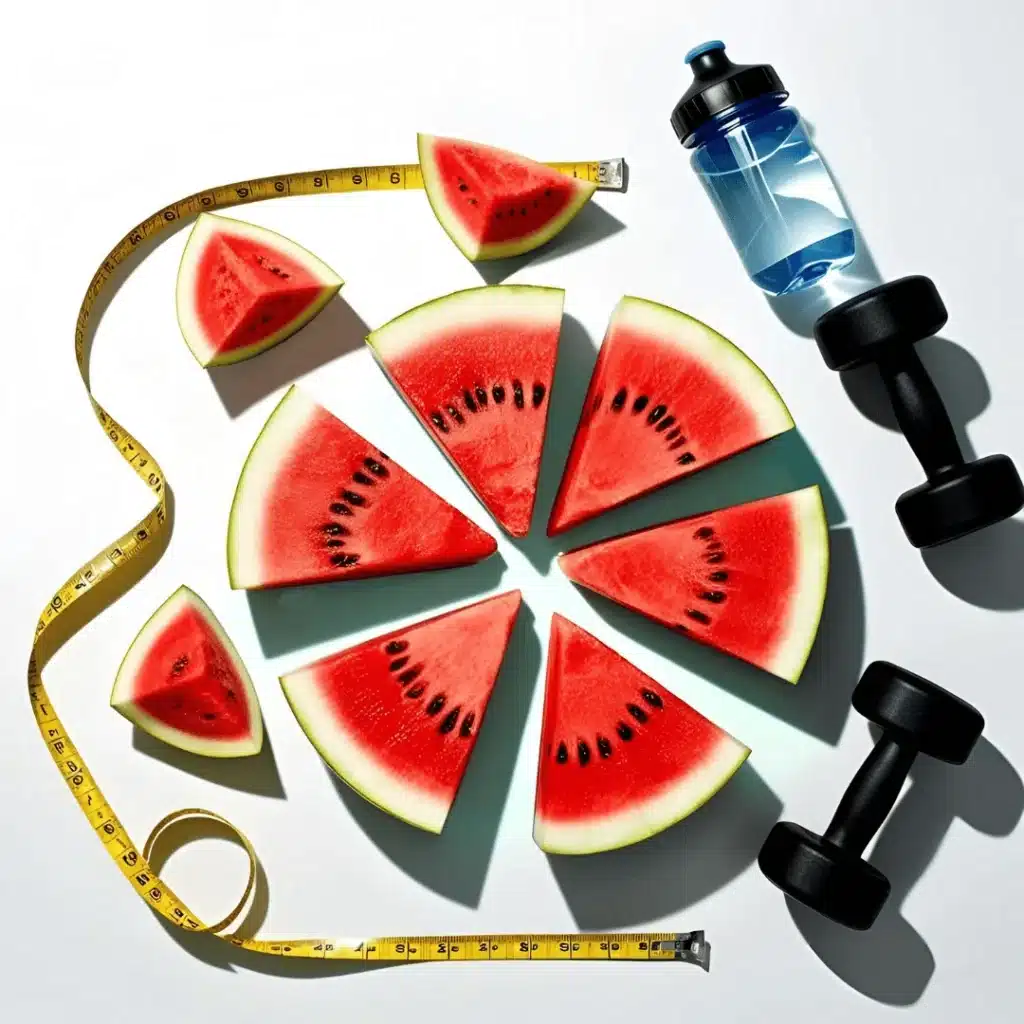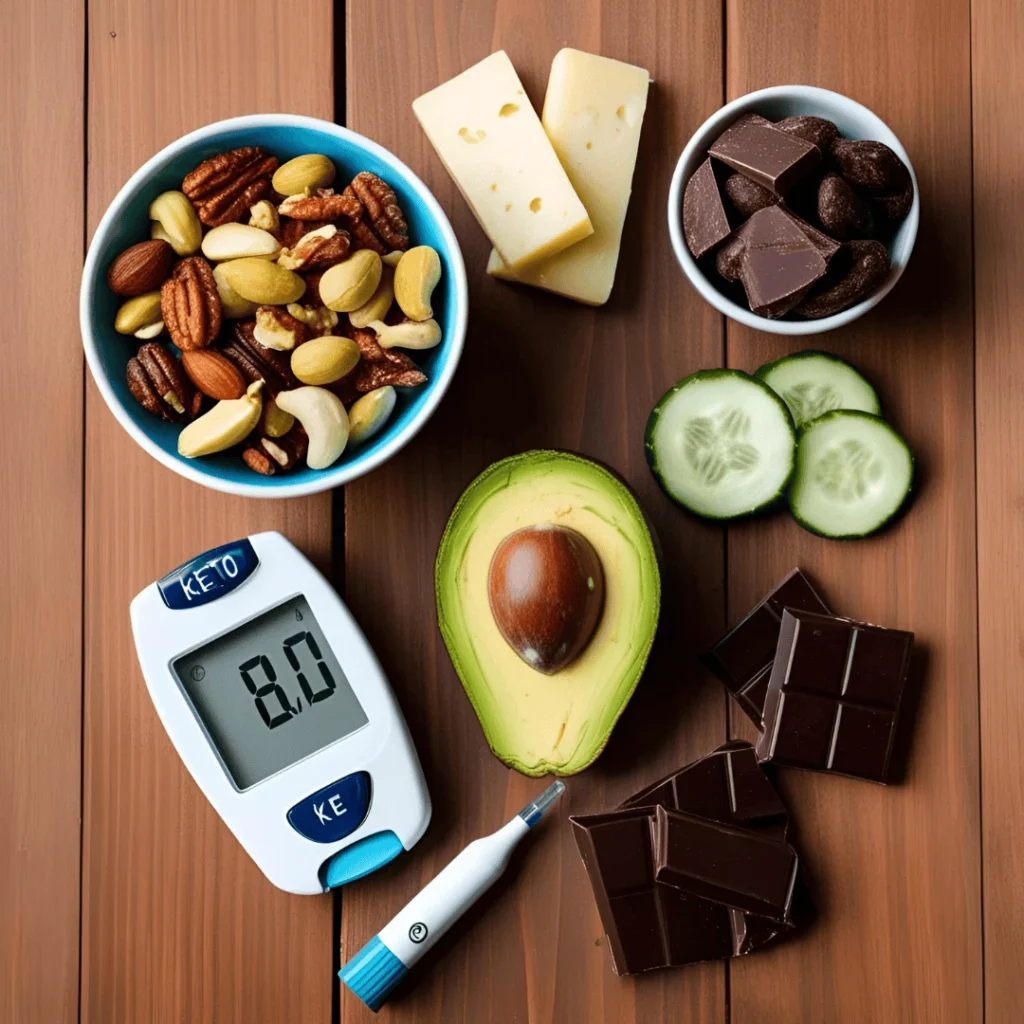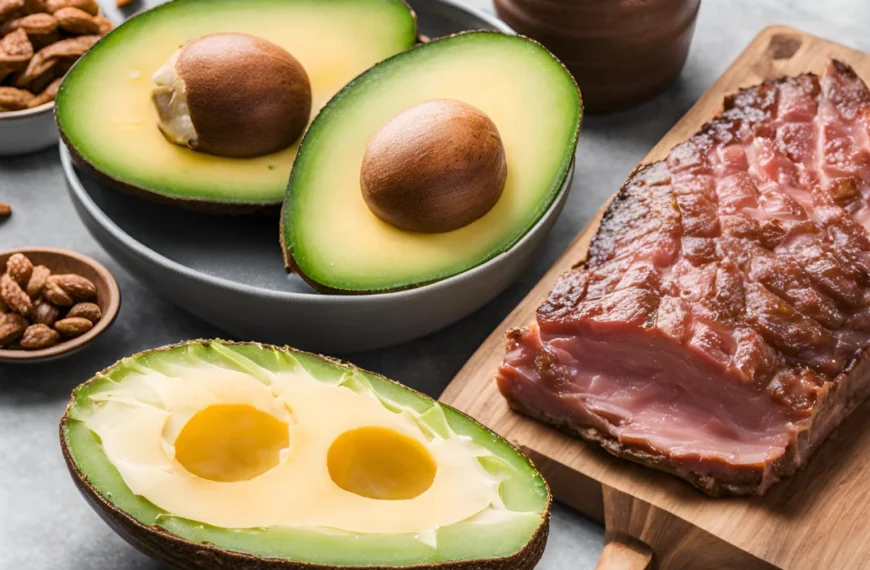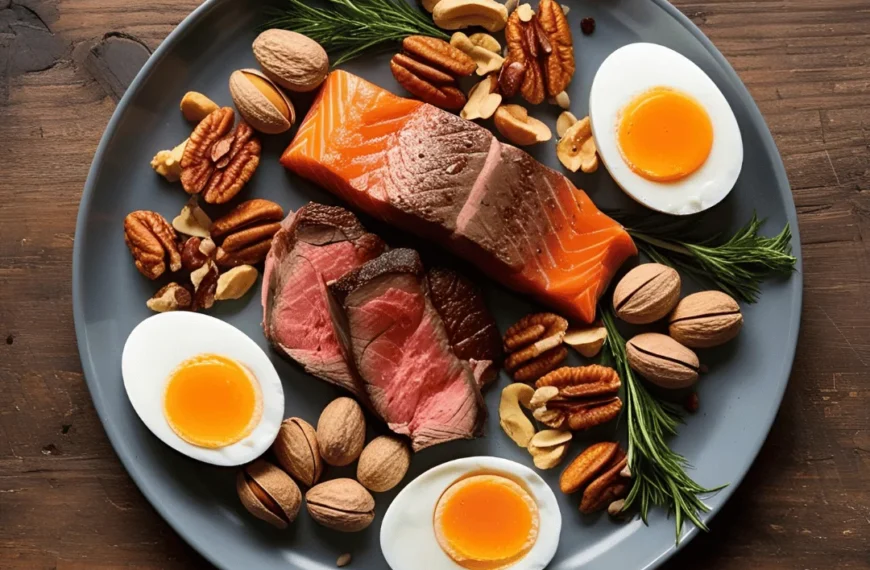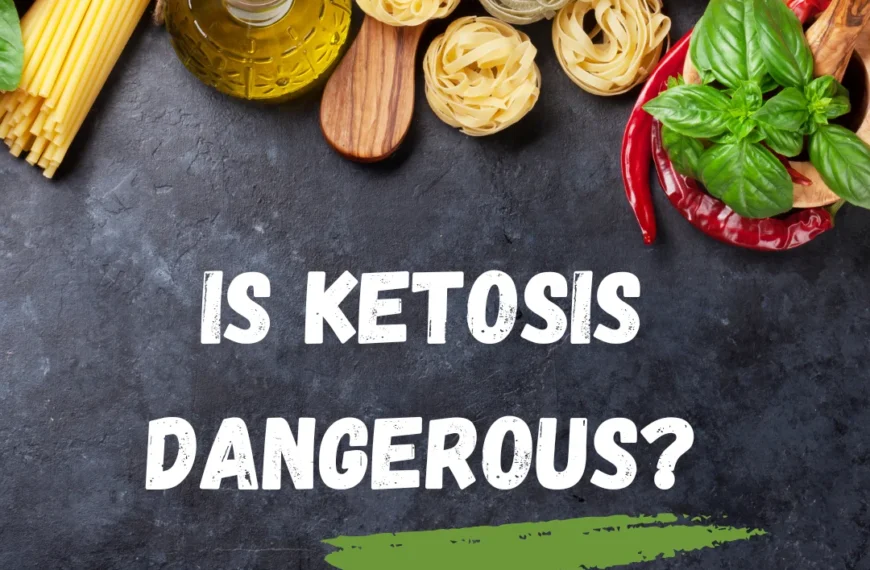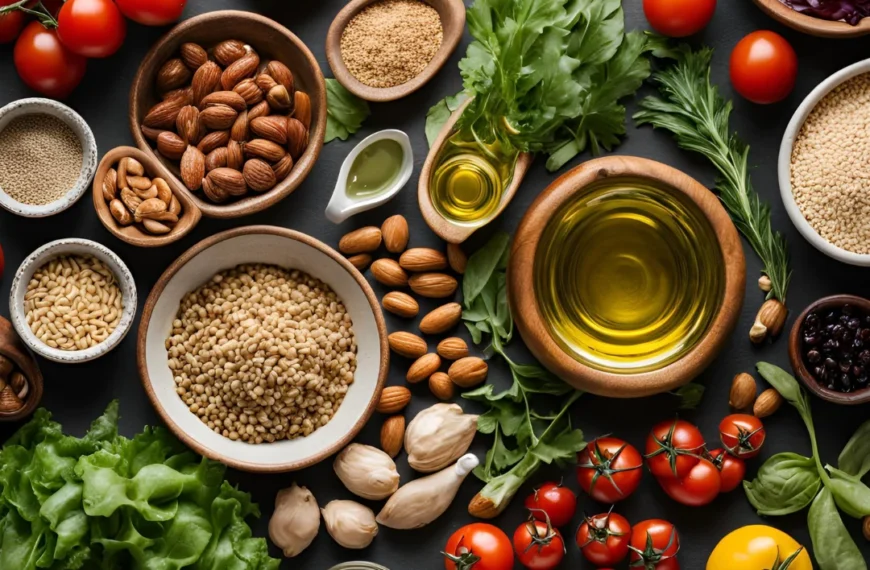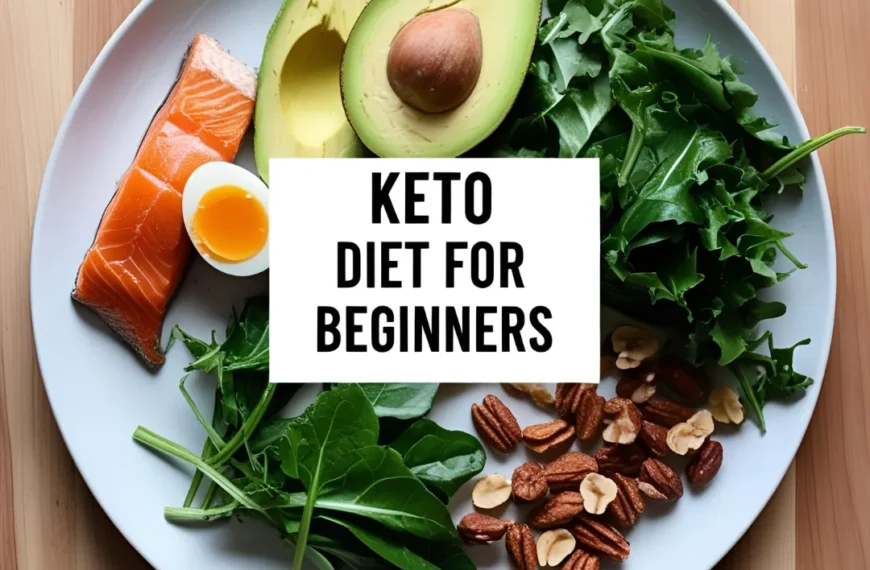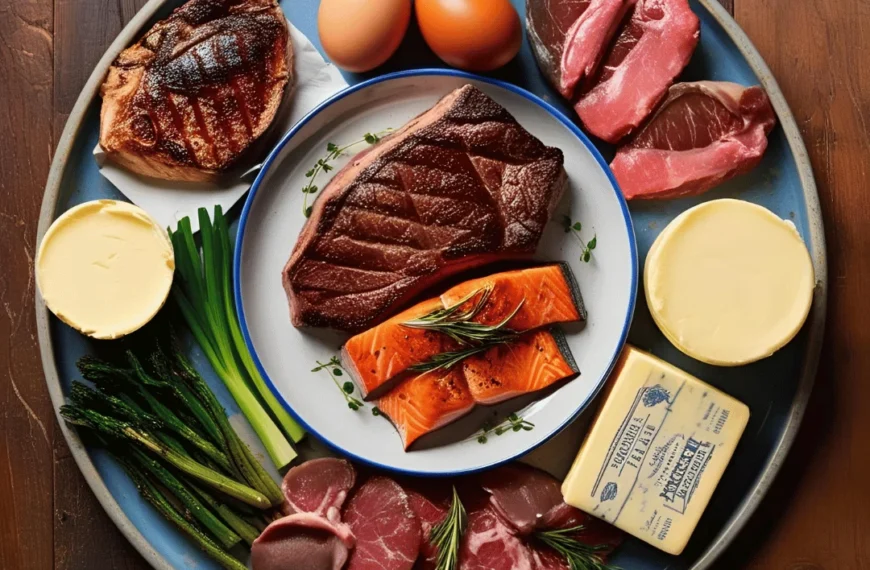Table of Contents
ToggleSummary
The Mediterranean Diet Food List is a comprehensive guide to unlocking delicious, heart-healthy choices that can promote weight loss and improve overall health. Rooted in the eating habits of countries bordering the Mediterranean Sea, this diet emphasizes whole foods like fruits, vegetables, whole grains, lean proteins, and healthy fats like olive oil and nuts. Known for its heart-healthy benefits, it supports weight management, reduces inflammation, and provides key nutrients that boost brain health and gut health. This diet is not only about eating nourishing foods but also about adopting a balanced, sustainable lifestyle.
By incorporating the right Mediterranean foods, such as fatty fish, legumes, and herbs and spices, you can enjoy a wide variety of meals while working toward your health goals. This blog highlights the top foods to include in your Mediterranean diet, offering meal ideas, portion control tips, and practical advice for maintaining heart health and longevity. Whether you’re aiming for weight loss or improved mental health, the Mediterranean diet provides a delicious and scientifically backed approach to better living. Be sure to explore our wise diets for more resources and tailored meal plans for your wellness journey.
Introduction
The Mediterranean diet has long been recognized as one of the healthiest eating patterns worldwide. Packed with fresh ingredients, healthy fats, and a focus on heart-healthy choices, this diet has earned its place as a top choice for those looking to lose weight while maintaining overall wellness. The Mediterranean Diet Food List is not just about the food you eat; it’s about making intentional choices that benefit your health in the long run.
With its combination of whole grains, fresh vegetables, lean protein, and heart-healthy fats, the Mediterranean diet promotes weight loss, improves heart health, and supports overall longevity. By making mindful food choices from the Mediterranean food list, you can transform your eating habits and embrace a healthier, more vibrant lifestyle.
we’ll guide you through the essential Mediterranean Diet Food List, offering insight into the foods that support weight loss, improve heart health, and boost overall well-being. We’ll explore how incorporating the right foods into your daily meals can lead to lasting health benefits. Get ready to unlock a delicious, heart-healthy approach to weight loss with these Mediterranean food choices.
Stay Updated with Wise Diets
Subscribe to the Wise Diets newsletter for the latest health tips, meal plans, and wellness updates straight to your inbox!
What is the Mediterranean Diet?
The Mediterranean diet is inspired by the traditional eating habits of countries bordering the Mediterranean Sea, such as Greece, Italy, and Spain. This diet emphasizes fresh, minimally processed foods, including plenty of fruits, vegetables, whole grains, legumes, nuts, and seeds. It encourages the consumption of healthy fats, primarily through olive oil, and limits red meat while promoting fish and seafood.
At its core, the Mediterranean diet is centered around nourishing the body with whole foods, rich in nutrients and antioxidants. These ingredients contribute to a heart-healthy lifestyle, reduce inflammation, and enhance longevity.
Research has shown that the Mediterranean diet is aligned with modern nutritional science, which supports its effectiveness for preventing chronic diseases like cardiovascular disease, type 2 diabetes, and obesity. Its focus on plant-based foods, healthy fats, and fish makes it a powerful tool for those looking to improve heart health and lose weight.
By choosing foods that support these principles, you can build a balanced, nutrient-dense diet that promotes overall health while satisfying your taste buds.
Key Food Groups in the Mediterranean Diet
The Mediterranean Diet Food List consists of several key food groups, each contributing to overall health and weight management. Here are the primary food categories you’ll want to include in your diet:
1. Fruits and Vegetables
Fruits and vegetables form the foundation of the Mediterranean diet. Staples include tomatoes, leafy greens, cucumbers, bell peppers, citrus fruits, and berries. These foods are rich in fiber, vitamins, minerals, and antioxidants. They help fight inflammation, boost immunity, and provide the necessary nutrients for overall wellness.
By consuming a variety of colorful fruits and vegetables, you can ensure that your body is getting a wide range of essential nutrients while keeping your calorie intake in check.
2. Whole Grains
Whole grains like quinoa, farro, barley, and brown rice are integral to the Mediterranean diet. They are excellent sources of fiber, which aids digestion and helps maintain a healthy weight. Unlike refined grains, whole grains provide slow-releasing energy, helping to keep you full for longer periods.
Including these whole grains in your Mediterranean Diet Food List supports a healthy digestive system and plays a key role in weight management.
3. Healthy Fats (Olive Oil, Nuts, and Seeds)
Healthy fats are a cornerstone of the Mediterranean diet. Olive oil, especially extra virgin olive oil, is the primary source of fat and offers numerous health benefits. It is rich in monounsaturated fats, which promote heart health by reducing bad cholesterol levels and improving blood circulation.
Nuts like almonds, walnuts, and pistachios, as well as seeds like chia and flax, are also key components of the diet. These foods help reduce hunger, increase satiety, and provide essential omega-3 fatty acids that contribute to brain and heart health.
4. Legumes and Beans
Beans, lentils, and chickpeas are important sources of plant-based protein in the Mediterranean diet. These legumes are packed with fiber and can help reduce cholesterol levels, promote satiety, and stabilize blood sugar.
Legumes are perfect for adding variety to your Mediterranean Diet Food List while supporting healthy weight loss and improving overall health.
5. Fish and Seafood
Fish and seafood are among the healthiest sources of protein in the Mediterranean diet. Fatty fish like salmon, sardines, and mackerel are high in omega-3 fatty acids, which have been shown to reduce inflammation, support heart health, and aid in weight management.
Including fish in your Mediterranean diet regularly can help prevent chronic diseases and support weight loss by promoting fat-burning and increasing metabolism.
6. Herbs and Spices
Herbs and spices such as garlic, basil, oregano, rosemary, and thyme are used extensively in Mediterranean cuisine. These natural flavorings not only enhance the taste of meals but also offer a range of health benefits, from boosting the immune system to improving digestion and reducing inflammation.
Using these herbs and spices can make Mediterranean meals both flavorful and nutritious.
Mediterranean Diet Food List for Weight Loss
The Mediterranean Diet Food List includes several foods that can help with weight loss, improve metabolism, and promote fullness. Here are some of the best food choices for those aiming to shed extra pounds:
Top Foods to Include in Your Mediterranean Diet Food List
- Leafy Greens: Kale, spinach, and arugula are low in calories and packed with vitamins, minerals, and fiber.
- Whole Grains: Incorporate quinoa, farro, and brown rice into your meals to keep you full longer.
- Fish and Seafood: Fatty fish like salmon, tuna, and sardines are great sources of protein and omega-3s, which promote fat-burning.
- Nuts and Seeds: Almonds, walnuts, chia seeds, and flax seeds provide healthy fats and protein that curb hunger and support fat loss.
- Fruits: Apples, berries, oranges, and grapes are perfect for satisfying your sweet cravings while providing fiber and antioxidants.
Portion Control and Moderation
While the Mediterranean diet offers a wide variety of healthy foods, portion control is still important for weight loss. Eating the right foods in appropriate portions can help you achieve your weight loss goals.
For example, instead of eating large portions of pasta, pair it with a generous serving of vegetables, lean protein, and a drizzle of olive oil. This ensures that you’re getting all the nutrients you need while controlling your calorie intake.
How the Mediterranean Diet Supports Heart Health
One of the most significant benefits of the Mediterranean diet is its ability to support heart health. Studies show that following this diet can reduce the risk of heart disease by lowering bad cholesterol and improving blood circulation.
Healthy Heart Benefits
The Mediterranean diet is rich in heart-healthy fats like olive oil and omega-3s from fish. These fats have been shown to reduce inflammation and lower LDL cholesterol levels, which are both risk factors for heart disease. Additionally, the abundance of antioxidants in fruits, vegetables, and herbs helps protect the heart from oxidative stress.
Top Heart-Healthy Mediterranean Foods
- Fatty Fish: Rich in omega-3 fatty acids, these fish help reduce the risk of heart disease.
- Olive Oil: A key ingredient in the Mediterranean diet, olive oil improves cholesterol levels and supports healthy blood pressure.
- Nuts and Legumes: These foods provide healthy fats and fiber, helping to lower cholesterol and reduce inflammation.
Benefits Beyond Weight Loss
The Mediterranean diet doesn’t just help with weight loss. it also provides a host of other health benefits.
Better Digestion and Gut Health
The Mediterranean diet is rich in fiber, which supports a healthy gut by promoting regular bowel movements and balancing gut bacteria. Fiber-rich foods like fruits, vegetables, and legumes are essential for digestive health and contribute to weight management.
Brain Health and Longevity
Studies have shown that the Mediterranean diet is linked to better cognitive function and a reduced risk of cognitive decline as we age. The diet’s high content of omega-3s, antioxidants, and healthy fats supports brain health and enhances memory and focus.
Mood and Mental Health
The Mediterranean diet has also been shown to improve mood and reduce the risk of depression. The omega-3 fatty acids found in fish and the antioxidants from fruits and vegetables play a significant role in supporting mental health.
Stay Updated with Wise Diets
Subscribe to the Wise Diets newsletter for the latest health tips, meal plans, and wellness updates straight to your inbox!
Sample Mediterranean Diet Food List for a Week
Here’s a sample Mediterranean food list for a week, providing you with meal ideas for breakfast, lunch, dinner, and snacks:
Breakfast:
- Greek yogurt with honey, walnuts, and berries
- Whole grain toast with avocado and poached eggs
Lunch:
- Mediterranean quinoa salad with chickpeas, cucumber, tomatoes, and olive oil dressing
- Grilled chicken wrap with hummus, spinach, and roasted vegetables
Dinner:
- Grilled salmon with roasted vegetables and farro
- Baked chicken with olive oil, garlic, and rosemary, served with sautéed spinach and quinoa
Conclusion
In conclusion, the Mediterranean Diet Food List is a powerful tool for achieving weight loss, promoting heart health, and enhancing overall well-being. By focusing on nutrient-dense foods like olive oil, lean proteins, whole grains, and a variety of fruits and vegetables, you can enjoy a delicious and balanced diet that supports a healthier lifestyle. Whether you’re aiming to lose weight, boost brain health, or improve digestion, the Mediterranean diet offers a sustainable and enjoyable approach to long-term wellness.
Start incorporating Mediterranean foods into your daily meals and watch as your health improves. Remember, consistency is key to achieving lasting results. Explore more Mediterranean recipes and share your journey with others!
FAQs
1. What are the top foods on the Mediterranean Diet Food List for weight loss?
The Mediterranean diet food list includes key weight-loss-friendly foods like whole grains, lean proteins, healthy fats (especially olive oil), fish, legumes, and vegetables. These foods are rich in fiber, antioxidants, and healthy fats that help promote satiety, regulate blood sugar, and support fat loss while maintaining a balanced diet.
2. How does the Mediterranean diet promote heart health?
The Mediterranean diet food list is heart-healthy because it focuses on healthy fats, such as olive oil and omega-3 rich fish, which help lower cholesterol and reduce inflammation. Additionally, nuts, legumes, and whole grains contribute to cardiovascular health by supporting blood pressure regulation and improving overall heart function.
3. Can the Mediterranean diet help improve digestion and gut health?
Yes! The Mediterranean diet’s emphasis on fiber-rich foods like fruits, vegetables, and legumes supports healthy digestion and promotes a balanced gut microbiome. These foods are known to improve digestion, reduce bloating, and promote regular bowel movements, making the Mediterranean diet an excellent choice for digestive health.
4. How can I incorporate Mediterranean diet foods into my daily meals?
Incorporating foods from the Mediterranean diet food list is easy! Start with meals like a Greek salad, grilled fish with roasted vegetables, and a whole grain side like quinoa or farro. You can also snack on nuts, seeds, or fruit to stay satisfied between meals, while ensuring each meal includes healthy fats, lean proteins, and plenty of vegetables.
5. Are there any Mediterranean diet food list recipes for beginners?
Absolutely! For beginners, try simple and delicious recipes like Mediterranean quinoa salad, grilled salmon with olive oil and roasted veggies, or a chickpea stew. These meals are full of nutrients, easy to prepare, and follow the principles of the Mediterranean diet food list to promote weight loss, heart health, and overall well-being.

